Tony Laverick
Showing 1–25 of 40 results
-
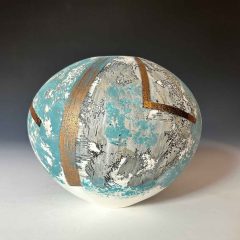
Tony Laverick – Pot 2025 01 (New In)
£399 -
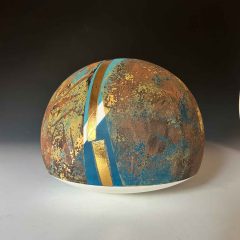
Tony Laverick – Pot 2025 03 (Reserved)
-
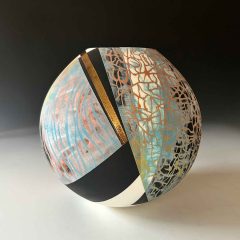
Tony Laverick – Pot 2025 04 (New In)
£599 -
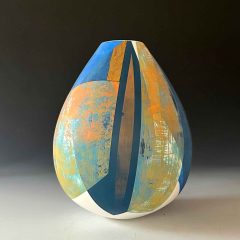
Tony Laverick – Pot 2025 06 (New In)
£599 -
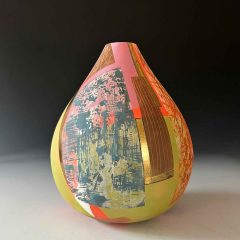
Tony Laverick – Pot 2025 07 (New In)
£599 -
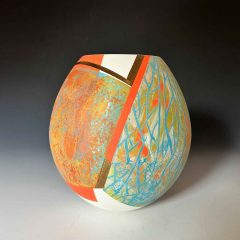
Tony Laverick – Pot 2025 10 (New In)
£599 -
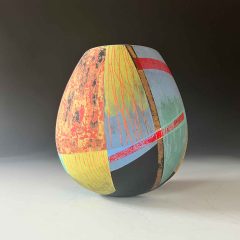
Tony Laverick – Pot 2024 03 (New In)
£479 -
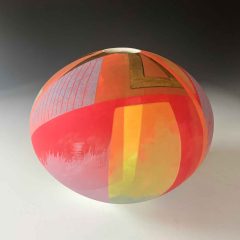
Tony Laverick – Pot 2024 02 (New In)
£559 -
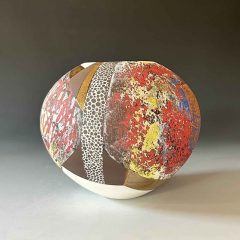
Tony Laverick – Pot 2024 09 (New In)
£389 -
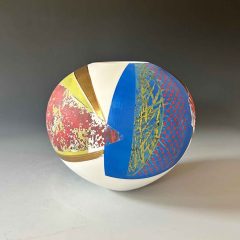
Tony Laverick – Pot 2024 10 (New In)
£289 -
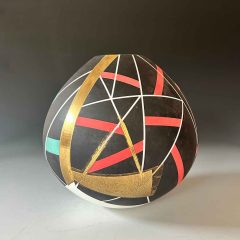
Tony Laverick – Pot 2024 12 (New In)
£349 -
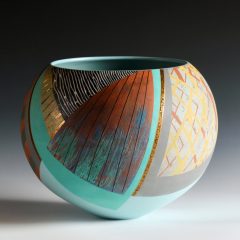
Tony Laverick – Pot 2
£749 -
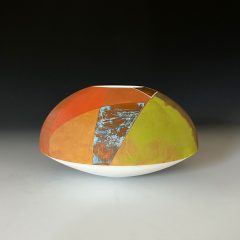
Tony Laverick – Pot 2023 07 (New In)
£249 -
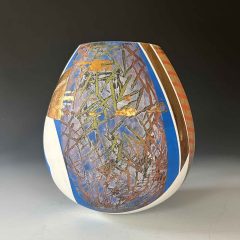
Tony Laverick – Pot 2024 06 (Sold)
-
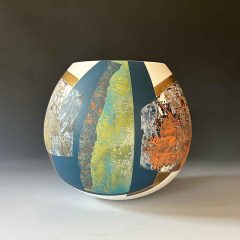
Tony Laverick – Pot 2024 08 (Sold)
-
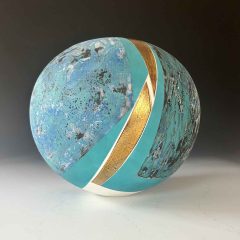
Tony Laverick – Pot 2024 05 (Sold)
-
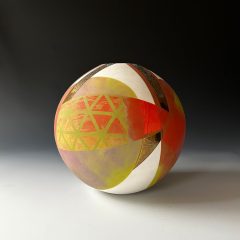
Tony Laverick – Pot 2023 01 (Sold)
-
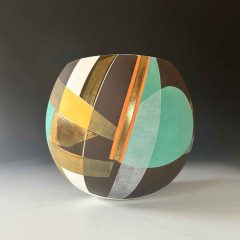
Tony Laverick – Pot 2024 04 (Sold)
-
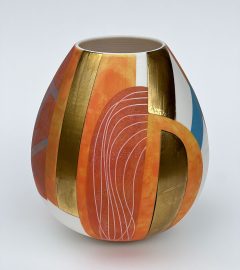
Tony Laverick – Pot 2023a (Sold)
-
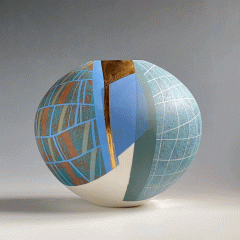
Tony Laverick – Pot 21 (Sold)
-
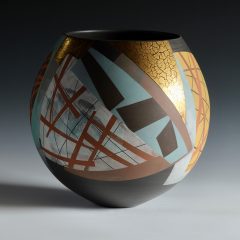
Tony Laverick – Pot 5 (Sold)
-
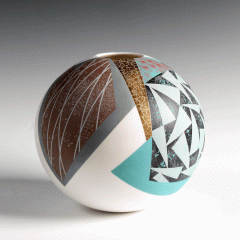
Tony Laverick – Round Pot (Sold)
-
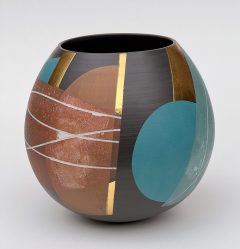
Tony Laverick – Pot 2023b (Sold)
-
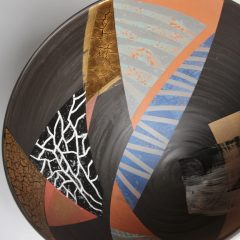
Tony Laverick – Dish (Sold)
-
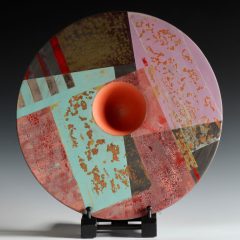
Tony Laverick – Flat Bowl 1 (Sold)
Tony Laverick was born in Sunderland in 1961. He trained in Studio ceramics at Preston Polytechnic from 1981-84 and gained a Distinction from the Society of Designer Craftsmen. Tony worked in the ceramic industry in Stoke-on-Trent. Including Coalport China from 1986-88 as a designer.
He decided to set up his own studio near Leek in the Staffordshire Moorlands in 1988. And has worked there as a full-time professional ceramic artist since then. Tony sells his work in the UK, Europe and the USA. He was made a Fellow Member of the Craft Potter’s Association and in 2015, and was selected to be a member of Contemporary Applied Arts.
Tony Laverick Artist Statement
I have been a professional ceramic artist for more than 25 years. And set up my studio in the Staffordshire Moorlands in 1988 after I had studied ceramics and worked in the ceramic industry in Stoke on Trent. Part of that time I was a designer for Coalport China (then part of the Wedgwood Group).
This background gives me a broad appreciation of ceramics and techniques. I am interested in the art-ware produced by Royal Doulton in the late 19th and early 20th centuries and French potters such as Clement Massier. I also have influences from outside the ceramic world. Kandinsky, Malevich, Mondrian, Nicholson, Brancusi, Rodchenko and the designs of Frank Lloyd Wright are just some.
My work draws on these various sources and cultures, and I am always evolving my own original vision. Which is a juxtaposition of controlled, linear designs with areas of loose, painterly decoration. I use the surface of the pot as a painter uses a canvas. Controlled, linear designs are juxtaposed with looser, more painterly areas. But I find that to use the medium of ceramics makes the “paintings” I create much more accessible.
To stand in front of a painting and admire it is one thing. But, I feel that to be able to hold a piece of art in your hands, feel the surface and the weight of it adds another dimension to the experience. It provides a connection with the artist whose hands will have created and also held that piece
There is a combination of human judgement and technique that I still find exciting and rewarding. I have always been willing to take risks with my work and it is this quality that, in my opinion, distinguishes the artist from the craftsman.


